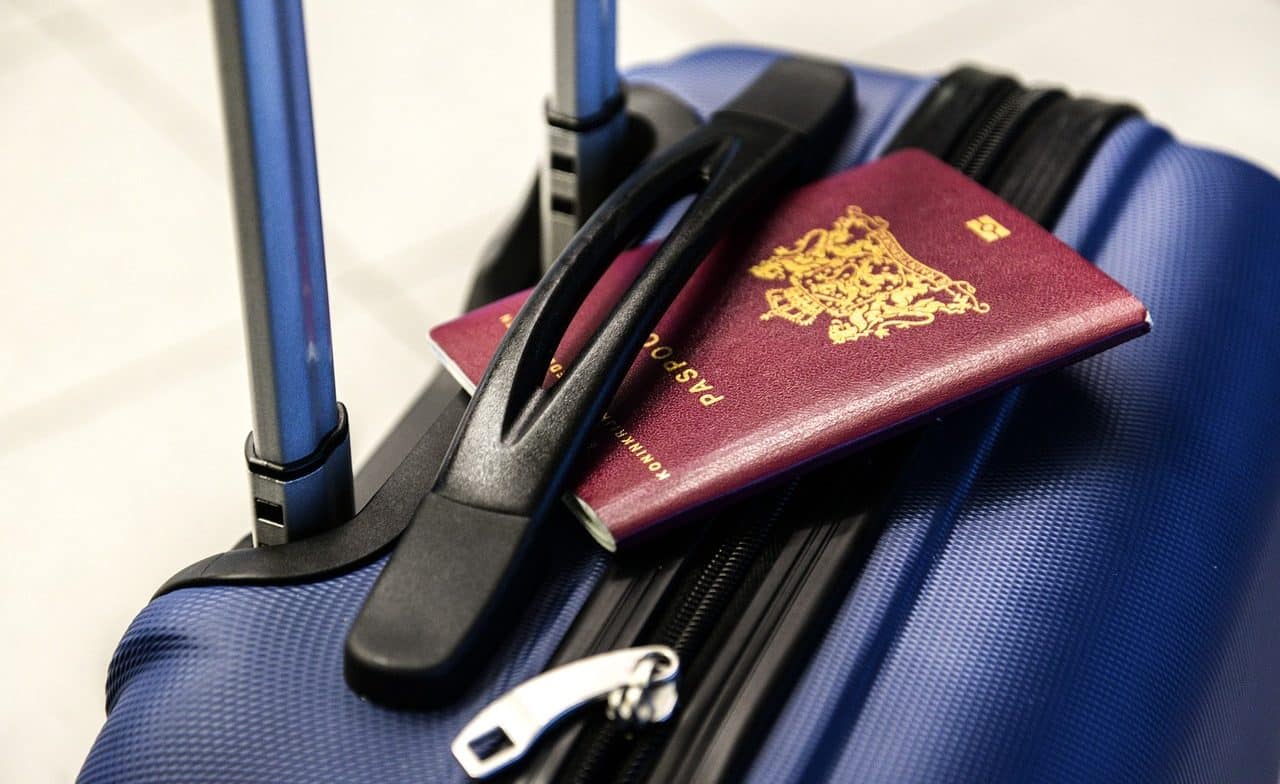
Repatriation involves allowing someone or something to return to their homeland.
Repatriation is the process and result of repatriating . This verb refers to getting someone or something to return to their homeland and has its origins in Latin, since it comes from the verb repatriare , which is made up of three clearly differentiated parts:
- The prefix re- , which is equivalent to “backwards” .
- The noun patria , which is synonymous with “paternal land” .
- The suffix -ar , which is the ending that was used to form the verbs.
For example: “The repatriation of the bodies will take place next week, according to the Foreign Ministry,” “The government promotes the repatriation of foreign currency that is deposited abroad,” “One of the president's projects is to promote repatriation.” of national artistic works that are exhibited in museums in other parts of the world .
Repatriation concept
The concept is usually used to mention the action of transferring a person's remains to their country of origin . If a Mexican dies in a traffic accident in Spain , his family will request the repatriation of the body so that it can be watched and buried in his homeland.
The repatriation of remains can even take place many years after the death occurred. The Argentine hero José de San Martín died on August 17, 1850 in Boulogne-sur-Mer , a French town. Three decades later, in 1880 , he was repatriated to Argentina. Today his remains rest in the Metropolitan Cathedral of Buenos Aires .
Precisely along these lines we can emphasize that a few years ago in Spain the decision was made to carry out a measure to undertake the repatriation of the remains of several Spaniards who fought within the Blue Division , supporting the Nazis, in Russia during the Second World War . A measure that has sparked great controversy since there are parties that have criticized the government for giving money for this action and not to carry out the exhumation of the bodies of Republican Spaniards who were shot for their political ideas during the Franco regime and whose remains They rest in the common graves that were distributed throughout the country.

Many governments promote scientist repatriation programs.
A political measure
Repatriation, on the other hand, can be linked to a policy to encourage the return of citizens of one country who are residing in another.
This is common for scientists and other personalities whose work is considered valuable to society . In this way, a country can attract, with high salaries and professional development proposals, scientists who emigrated years ago.
Capital repatriation
In the same way, we cannot ignore the existence of what has been called capital repatriation , a concept that refers to the action of a company of “taking” to the country where it is based the set of economic benefits that it has obtained on foreign soil by internationalizing it.
This repatriation is quite controversial in terms of the strict obligations that some countries impose for it compared to the lighter ones established by others.
